Britain & Ireland 1509-1745
In this section you will find articles to help you unpick the truths from the myths of the Tudor period, examine how Cromwell took the country to war and explore how some the most important political thinkers began to shape the modern world. There is also guidance for teaching some of the information collected here to pupils and different age ranges.
Sort by:
Date (Newest first) | Title A-Z
Show:
All |
Articles |
Podcasts |
Multipage Articles
-
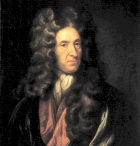
Daniel Defoe, public opinion and the Anglo-Scottish Union
ArticleClick to view -
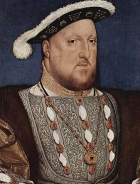
Early Modern Britain 1509-1745
ArticleClick to view -
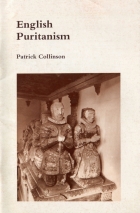
English Puritanism
ArticleClick to view -

Exploring the importance of local visits in developing wider narratives of change and continuity
ArticleClick to view -

Exploring the relationship between historical significance and historical interpretation
ArticleClick to view -
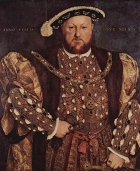
Faction in Tudor England
ArticleClick to view -

Film: The ladies-in-waiting who served the six wives of Henry VIII
ArticleClick to view -

HA Podcast Series: James VI & I to Anne
Multipage ArticleClick to view -
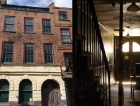
Helping Year 9s explore multiple narratives through the history of a house
ArticleClick to view -

Henry VIII
ArticleClick to view -
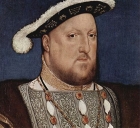
Henry VIII Resources
ArticleClick to view -

Historical and interdisciplinary enquiry into the sinking of the Mary Rose
ArticleClick to view -
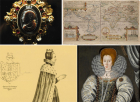
Inclusive approaches to teaching Elizabeth I at GCSE
Multipage ArticleClick to view -

Interpretations and history teaching
ArticleClick to view -

Inventing race? Using primary sources to investigate the origins of racial thinking in the past
ArticleClick to view -
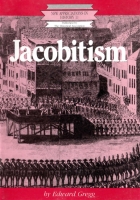
Jacobitism
ArticleClick to view -
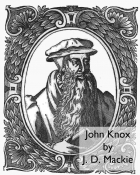
John Knox
ArticleClick to view -
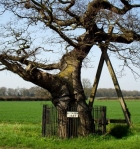
Kett's Rebellion 1549
ArticleClick to view -
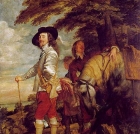
King Charles I
ArticleClick to view -
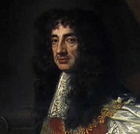
King Charles II
ArticleClick to view

